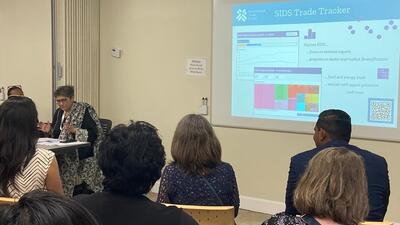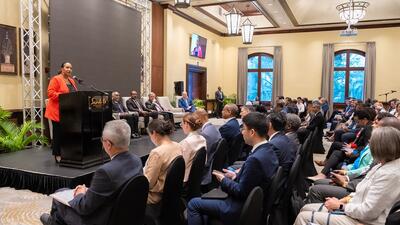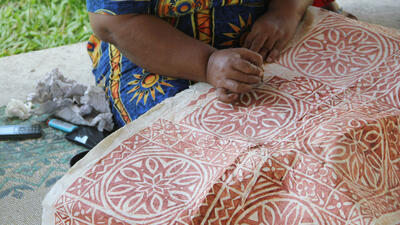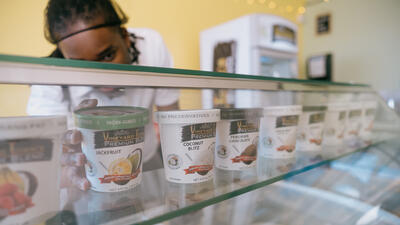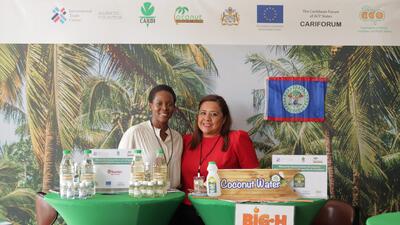
Smart Tourism in Vanuatu: Regenerating the pride of Indigenous Peoples
Vanuatu, a small island developing State in the Pacific, was ranked as the most vulnerable country globally to natural hazards in 2019. Sitting in the Pacific “Ring of Fire,” Vanuatu experiences frequent volcanic and seismic activity, facing existential threats due to rising sea level, ocean acidification, and the increased frequency and severity of natural disasters.
Evelyn Seltier of Trade Forum talked with Jerry Spooner, the Executive Director and founder of Regenerative Vanua and former Director of Tourism in Vanuatu, about the best ways of protecting this precious island when it comes to the climate crisis, its culture, and most importantly, its people.
The interview has been edited and condensed for clarity.
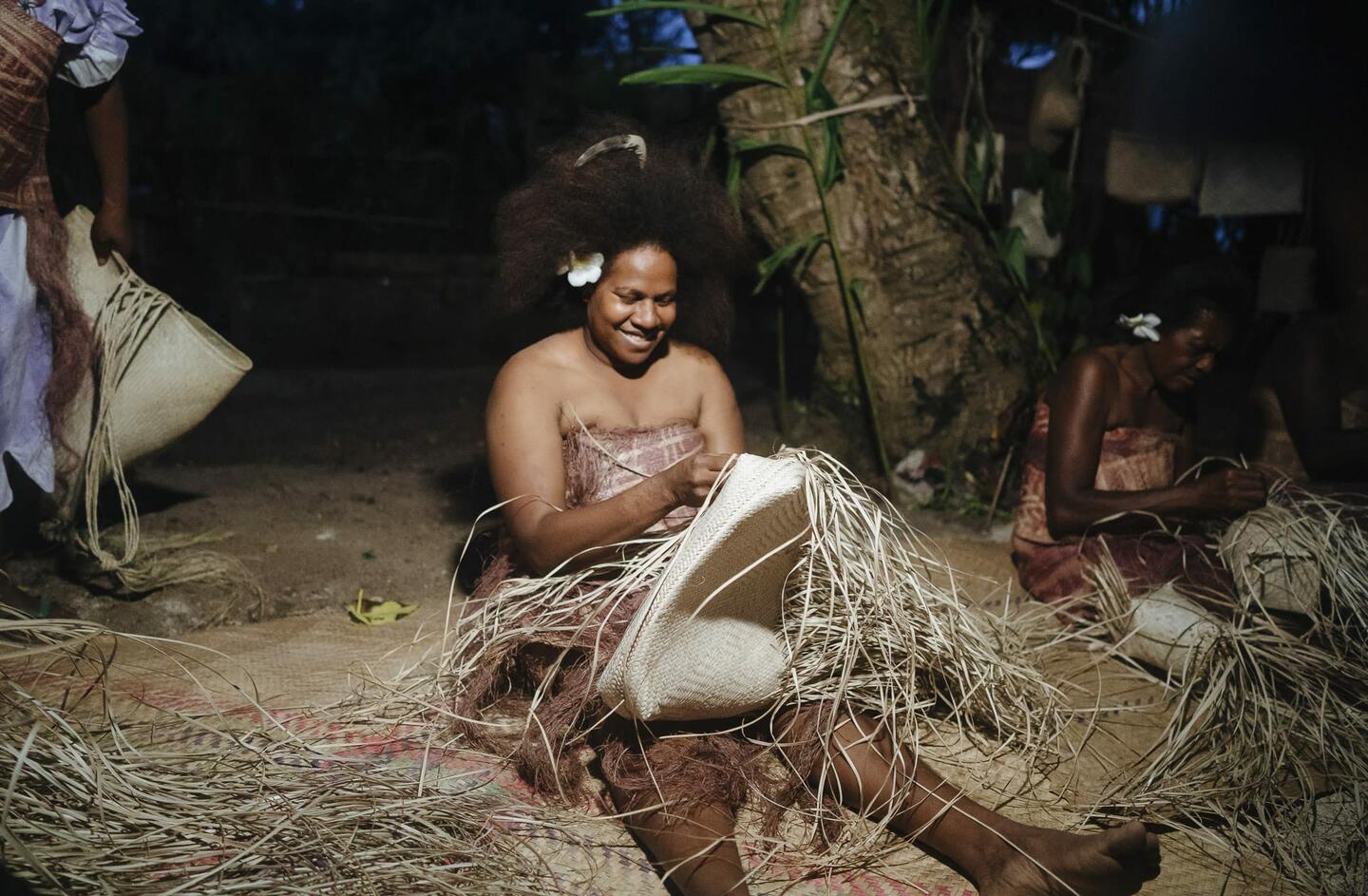
Hanare Cultural Village Tours & Traditional Handicrafts
Our aspired model for the tourism industry is not healthy for our economy. The COVID-19 pandemic and recurrent natural disasters that hit our island have confirmed our concerns.
Despite the reports of the World Travel & Tourism Council that tourism would generate an enormous amount of money for our people, the leakage and lack of investment into destination development is overlooked to ensure indigenous people participate more. Instead, we are facing damage to our culture and the environment.
The Vanuatu Sustainable Tourism Strategy 2021-2025 addresses these challenges. It ensures the local hosts’ wellbeing through high value, low impact tourism. It drives resilience through niche tourism product development. It diversifies our agriculture through agritourism. And it focuses on sustainability, through certification, investment, and Ni-Vanuatu entrepreneurship [Vanuatu's Indigenous population].
We see tourism as the advocate for the change we want. And by including the voices of the Indigenous communities, and not foreign investors, it can bring back the power to the people.
The involvement of Indigenous communities in tourism since our independence in 1980 has been very minimal. Due to our geographically vulnerable situation, the economy has become very aid dependent. Governments and development partners are providing funds and grants, but in the tourism sector, the majority of those that benefit from the tourism model we aspire to are foreign-owned business, centred around urban areas. That shouldn’t be the case.
We should aspire to be more resilient than rely on a model that continuously encourages us to be very dependent on handouts. Regenerative agritourism is the answer to this—it revives the pride in Traditional Knowledge, in being an Indigenous farmer. For us, it is a social revolution. We address food security, our people’s wellbeing, and preserve our culture— a more holistic approach is what tourists are looking for now.
The response was very good since our pilot roll out in 2021. The turnout of small rural businesses skyrocketed—it was more than we anticipated. What an added plus! Now Indigenous communities are involved in business instead of being service providers only, such as waiters, gardeners or entertainers based on the traditional tourism model. Now there's the opportunity for money to stay in country rather than relying on foreign investors to set up tourism projects, who take the money outside.
It is an interesting transition. For instance, right now we are working with three communities out of 282 as a pilot approach, supported by the Australian Centre for International Agriculture Research (ACIAR), to review their local community management plans in using traditional ways of nutrition, agriculture, education, culture, as well as medicine.
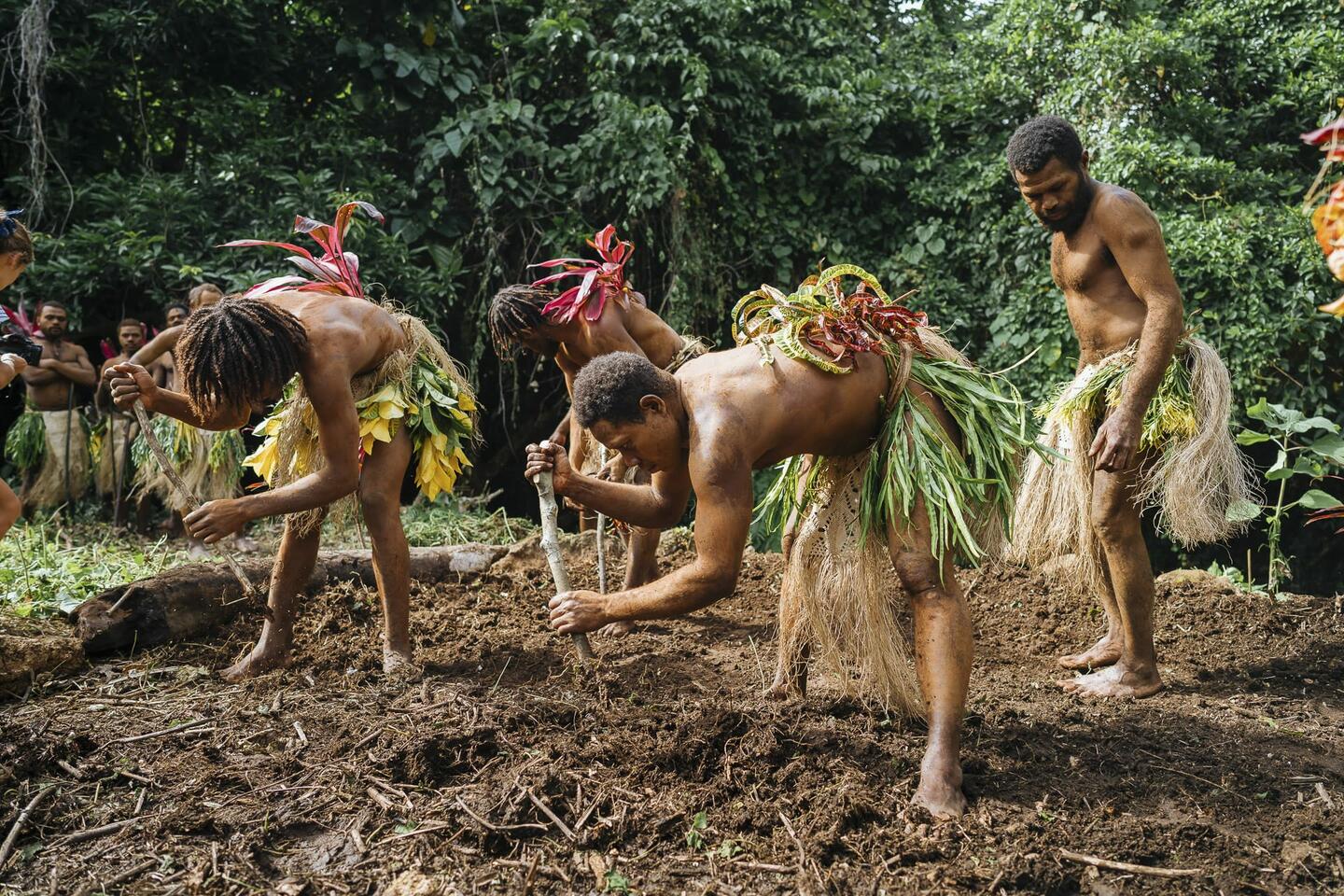
Our challenge is the influence of foreign investors. But we are always looking for new development partners that back our programme.
We are also trying to stop so-called “fake” farms, that serve entertainment purposes exclusively and do not support food production, and resorts by educating the investors. What happens if borders close again? We need food security. We need actual farmers who can feed themselves and their families and communities, supply restaurants and resorts, and the rest of the land. The investors should subsidize their costs and keep farms viable—in their own interest.
From my experience, you will not achieve any tangible results unless you get the buy-in from all communities, including Indigenous Peoples.
In Vanuatu, the Indigenous community makes up most of the population – if you don’t have their buy-in, it is a waste of time. How do you get it? Be proactive. Everyone has been a stakeholder in our new policy. From the doctors and the police officers to the fishers and farmers—everyone has a role to play in tourism.
We defined together what their roles are and how they can benefit.
We will continue to need assistance from the outside, but foreign investors or consultants must play a supporting role as opposed to the leading one. Governments need to make sure that all policies are country-led.
[Sustainability] standards are very important but costly: from training and certification to third-party auditors. Indigenous Peoples would need incentives in the form of subsidies to be able to afford certification.
Regenerative Vanua is working towards becoming a certification body. Our goal is to give Indigenous rural communities access to the support they need for certification and promotion. Their challenge is the complexity of understanding and appreciating the role of standards along with the costs. We source support to provide cost subsidies to allow them to access third-party verification.





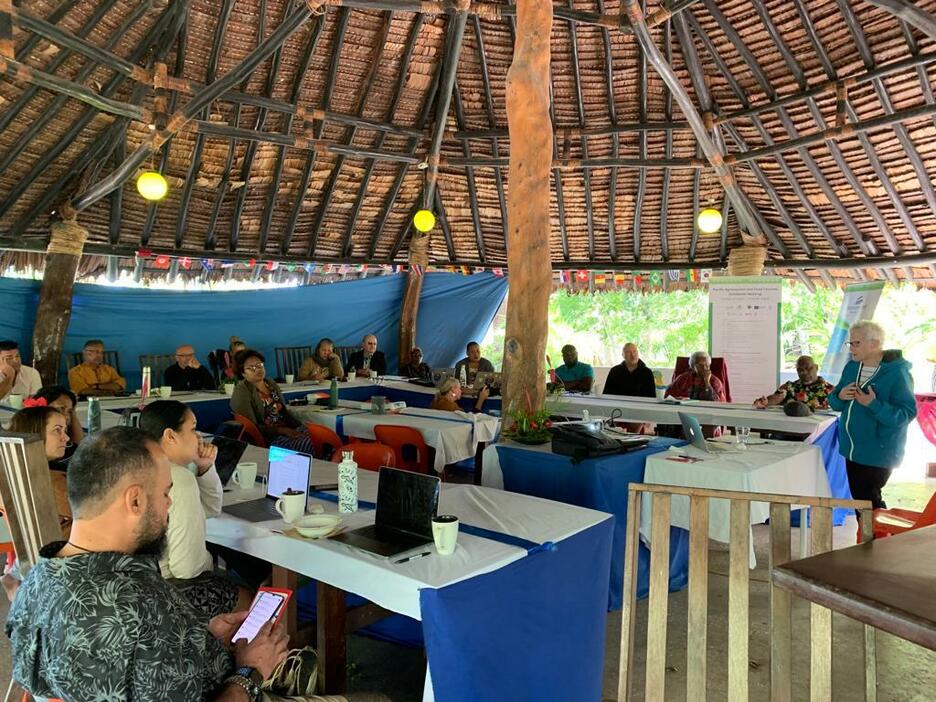
-Ben Savage237.jpg?itok=-854C3rX)
Kevin Hellon-Shutterstock.com_.jpg?itok=5cQkIvw6)
-Ben Savage173.jpg?itok=X_bjeJn5)
